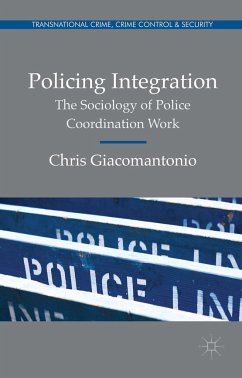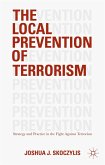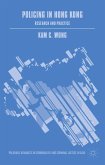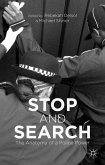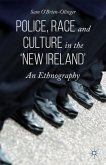Policing Integration critically examines coordination work between police officers and agencies. It presents important theoretical principles and empirical evidence drawn from extensive fieldwork in a multi-jurisdictional environment, revealing how and why police choose to work across boundaries or create barriers between one another.
This book critically examines coordination work between police officers and agencies. Police work requires constant interaction between police forces and units within those forces, yet the process by which police work with one another is not well understood by sociologists or practitioners. At the same time, the increasing inter-dependence between police forces raises a wide set of questions about how police should act and how they can be held accountable when locally-based police officers work in or with multiple jurisdictions. This rearrangement of resources creates important issues of governance, which this book addresses through an inductive account of policing in practice.
Policing Integration builds on extensive fieldwork in a multi-jurisdictional environment in Canada alongside a detailed review of ongoing research and debates. In doing so, this book presents important theoretical principles and empirical evidence on how and why police choose to work across boundaries or create barriers between one another.
This book critically examines coordination work between police officers and agencies. Police work requires constant interaction between police forces and units within those forces, yet the process by which police work with one another is not well understood by sociologists or practitioners. At the same time, the increasing inter-dependence between police forces raises a wide set of questions about how police should act and how they can be held accountable when locally-based police officers work in or with multiple jurisdictions. This rearrangement of resources creates important issues of governance, which this book addresses through an inductive account of policing in practice.
Policing Integration builds on extensive fieldwork in a multi-jurisdictional environment in Canada alongside a detailed review of ongoing research and debates. In doing so, this book presents important theoretical principles and empirical evidence on how and why police choose to work across boundaries or create barriers between one another.

